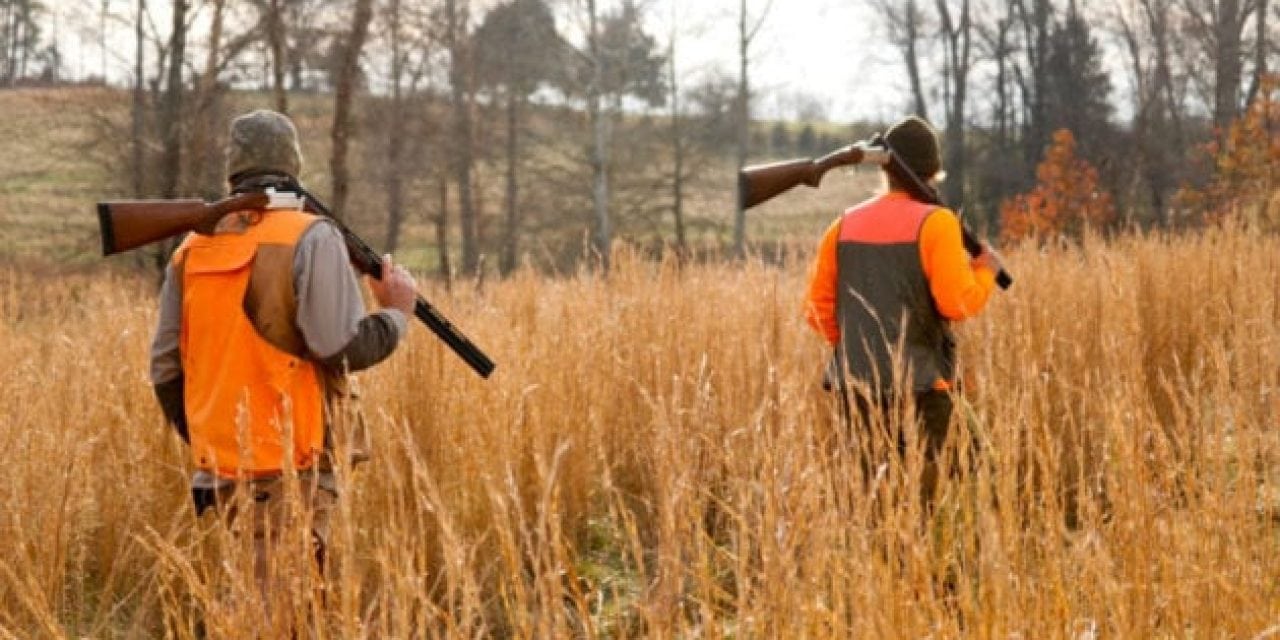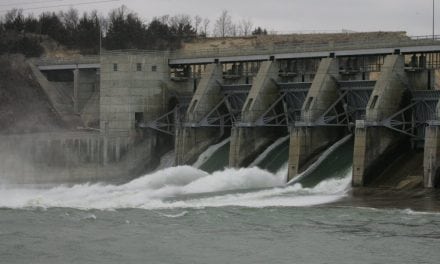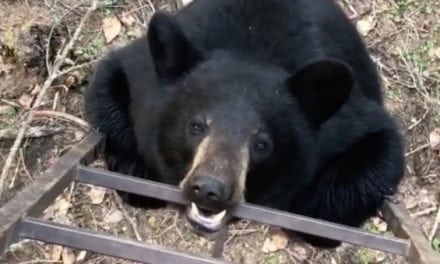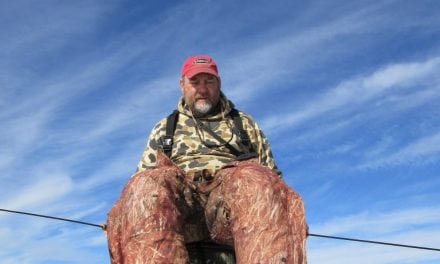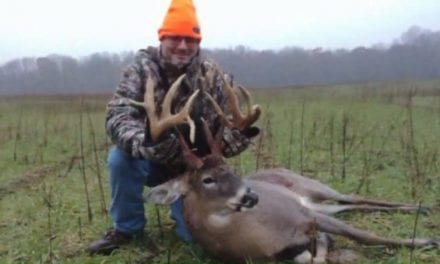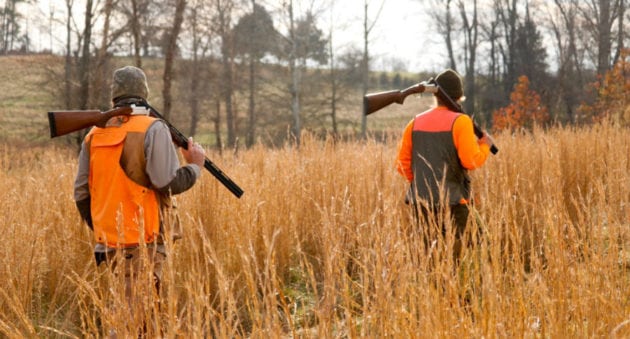
As hunter numbers decline in America, wildlife agencies are scrambling to find ways to fund conservation initiatives.
It’s no secret to anyone that even as our overall population is increasing, hunting is on the downhill slide. As hunter numbers decline, conservation initiatives and funding for state wildlife agencies are in trouble.
Wildlife agencies manage wildlife, and they get 60 percent of their funding to do so from license fees and excise taxes on guns, ammunition, archery equipment and angling gear. The Pittman-Robertson Act was an initiative pushed by hunters to tax themselves and use that money to support wildlife conservation.
By virtually any standard, the legislation has been tremendously successful. Many wildlife species that were once near extinction are now plentiful. So when you hear “hunting is conservation,” it’s more than simply a pro-hunting catchphrase. It’s a verifiable fact. Without hunters footing the bulk of the conservation bills in this country, there would be far fewer critters populating it.
That’s why the decline in hunter numbers has wildlife agencies worried.
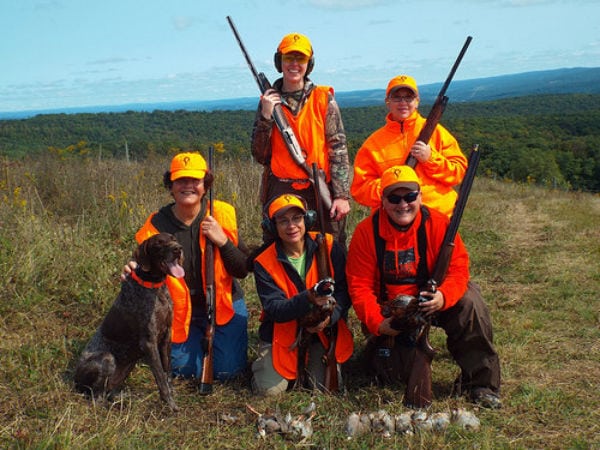
{embed_recommendations]
Fewer hunters
A recent U.S. Fish and Wildlife Service national survey confirmed that there are around 2 million fewer hunters taking to the woods than there were just five years ago. The 2016 survey, which the USFWS performs every five years, indicated that approximately 11.5 million people currently hunt. That’s half of the number of folks who were actively hunting 50 years ago.
Expenditures are also down considerably. In 2011, dollars spent by hunters were $36.3 billion. In 2016, that number had dropped to $25.6 billion. This trend spells trouble for wildlife.
“As paradoxical as it may seem, if hunting were to disappear, a large amount of the funding that goes to restore all sorts of wildlife habitat, game and nongame species alike, would disappear,” said Steve Sanetti, the president of the National Shooting Sports Foundation.
Wildlife agencies suffering
State wildlife agencies across the country are feeling the pinch. Some more than others. In Wisconsin, for example, hunting license sales have dropped 2.5 percent in the last 20 years. But the loss in other states has been more severe. Pennsylvania license sales dropped 20 percent during the last two decades, while Michigan saw a 32-percent dip during the same time period.
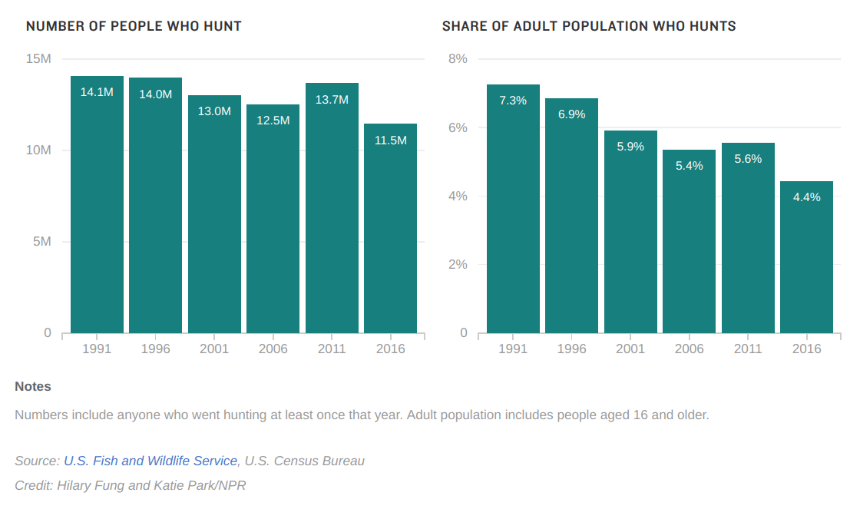
This means staffs get downsized and conservation programs have to be diminished or cut. Many states are recruiting unpaid volunteers from the general public to do some of their wildlife-surveying work.
In addition to looking at potential new funding sources, states are beefing up their efforts to try and recruit new hunters into the fold. Hunters have, by and large, failed rather miserably at recruiting new, younger hunters. But states like Wisconsin are playing off the growing locavore movement by offering college classes on hunting, butchering and woodsmanship to try to entice young people to join the hunting ranks.
The idea that hunting can provide hormone-free, organic, clean meat with which you can feed your family has also convinced more people to join the lifestyle, especially women. Women make up the fastest-growing demographic of new hunters.
But still, agencies are struggling and downsizing.
More fishermen
Interestingly, the number of anglers has grown nationally while hunting participation has declined. Angler ranks grew 8 percent, from 33.1 million in 2011 to 35.8 million in 2016. This may be at least partly the result of a provision in the Dingell-Johnson Act that allows for funding of angler recruitment and retention programs. The Dingell-Johnson Act, also called the Federal Aid in Sport Fish Restoration Act, authorizes financial assistance for state fish restoration, management plans and projects.
The Pittman-Robertson Act has no such provision.
“We must modernize the Pittman-Robertson Act so we can promote hunting the same way we promote fishing and boating, bring the hunter education and licensing systems into the 21st century, and immediately address serious threats to hunting, like chronic wasting disease in deer,” said Whit Fosburgh, president and CEO of the Theodore Roosevelt Conservation Partnership.
“We must also focus on expanding access and improving the quality of the hunting experience,” he said. “Better habitat means more animals and more opportunities for success.”
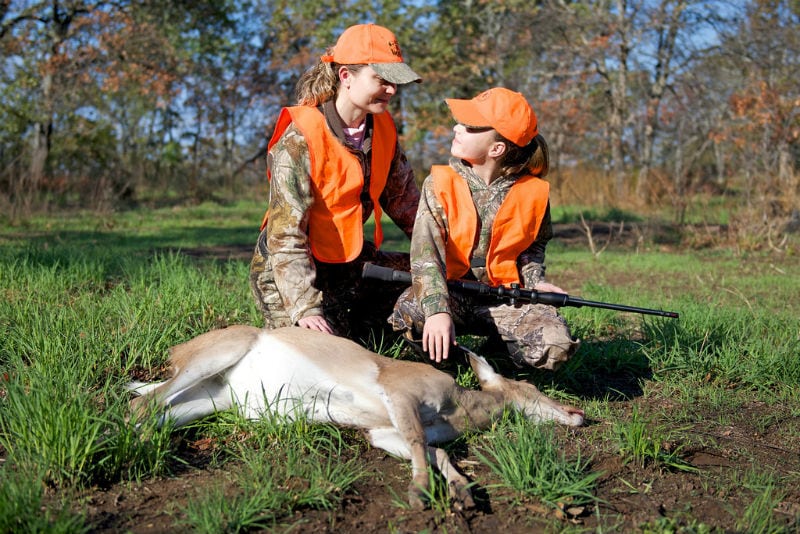
Hunter recruitment and public access issues
One of the reasons that many former hunters quit hunting is because of land access issues. Many hunters have expressed their dismay at dwindling access to good hunting lands and the increased cost associated with leasing private hunting areas. For many, paying to hunt private land is akin to making hunting a “rich man’s sport.”
This is why the current public land access issue is such a vital concept. All hunters should be vocal and active in supporting keeping public lands public.
I would also suggest that at least part of the reason for the decline in hunters lies with the state agencies themselves. Overly complicated and voluminous hunting regulations are a turnoff to many hunters. Game laws have become so numerous and convoluted that many hunters have expressed they would rather not hunt at all than be in violation of some regulation.
On the other hand, a few states have been making some solid moves that should encourage hunter recruitment and retention, such as lowering the hunting age, lowering license fees for first-time hunters, and offering financial incentives to farmers and landowners to open their lands to hunters.
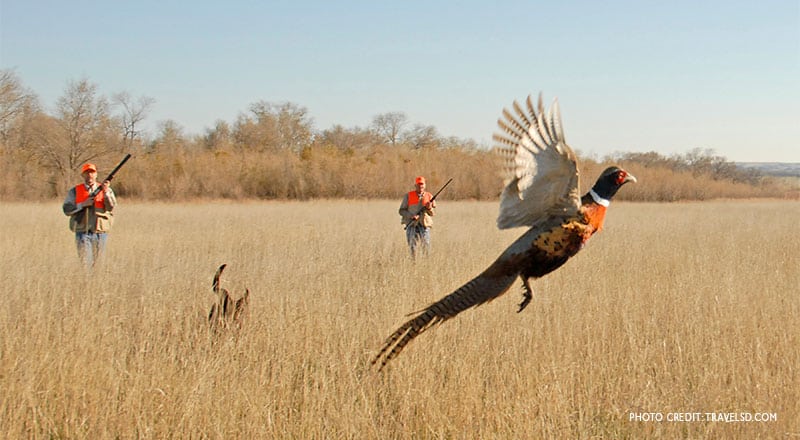
Conservation groups have also joined the fray. For example, Families Afield is a program that was created by the United States Sportsmen’s Alliance, the National Shooting Sports Foundation, the National Wild Turkey Federation and the NRA. The program works with state agencies to encourage young hunters, implement mentor/apprentice hunting programs, and scale back on hunting regulations.
Non-hunters need to pony up, too
While there are fewer people hunting, more people are participating in other outdoor-recreation activities than ever before. Camping, hiking, wildlife watching, mountain biking and the like are on the rise. Shouldn’t these folks also pay, as hunters do, to maintain the wildlife and wilderness they clearly enjoy?
“We need to find ways for the rest of those folks, who are canoeing and cross country skiing and biking and going to the park to contribute as well,” says Mary Jean Huston, director of The Nature Conservancy in Wisconsin.
Proposed legislation to additionally tax outdoor gear like the Pittman-Robertson Act taxes shooting and hunting gear has gone nowhere. And, I’m not sure another tax is the best option. It is, after all, another tax, and I believe we’re overtaxed as it is. A wiser allocation of tax revenues allocated directly to conservation would seem to make more sense.
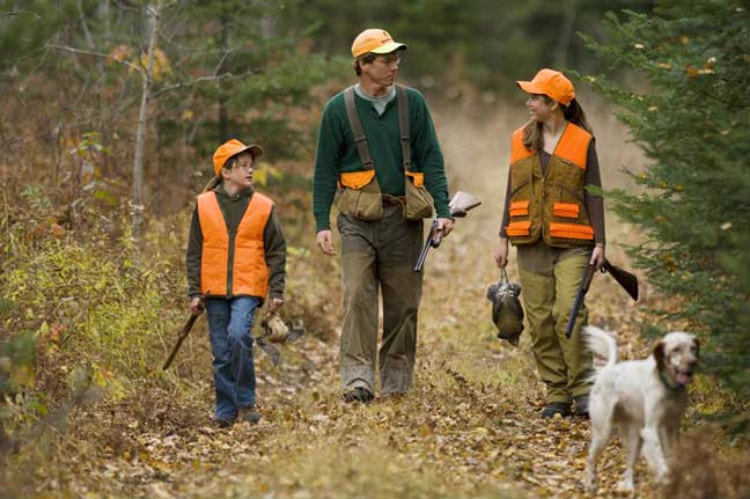
Up until now, the North American Model of Wildlife Conservation has been hugely successful. It’s the envy of the world, and hunters can justifiably take pride in making it happen. But time and demographics appear to be changing. We need to be smarter and more efficient in our wildlife conservation efforts.
The issue has many facets and clearly no single solution will fix the problem of dwindling funding for wildlife management. Hunter recruitment and retention, increasing public land access, scaling back on onerous game laws, support from non-hunters and wise legislative actions must all contribute to supporting a viable and sustainable conservation model, so that future generations can enjoy wildlife, too.
Like what you see here? Experience more articles and photographs about the great outdoors at the facebook page, Stumpjack Outdoors.
NEXT: SHANE MAHONEY EXCLUSIVE INTERVIEW, PART III: FUNDING CONSERVATION AND THE HUNTER’S IMAGE
WATCH
The post Conservation in Peril as Hunter Numbers Decline appeared first on Wide Open Spaces.

